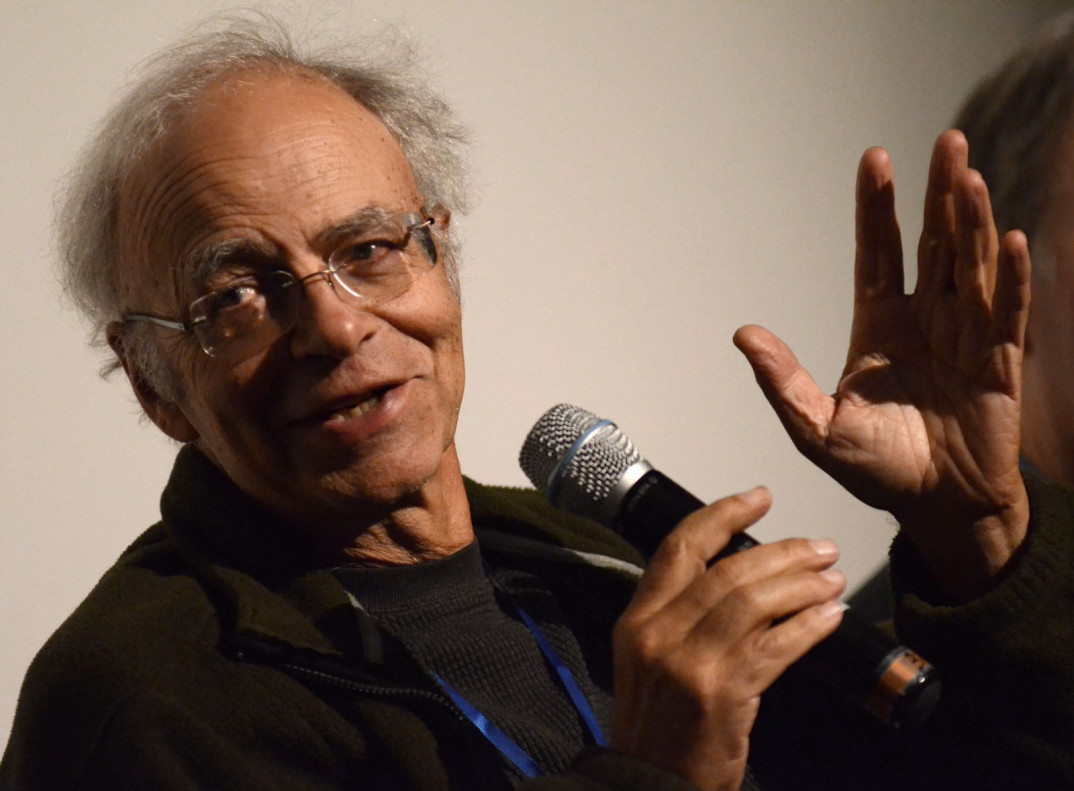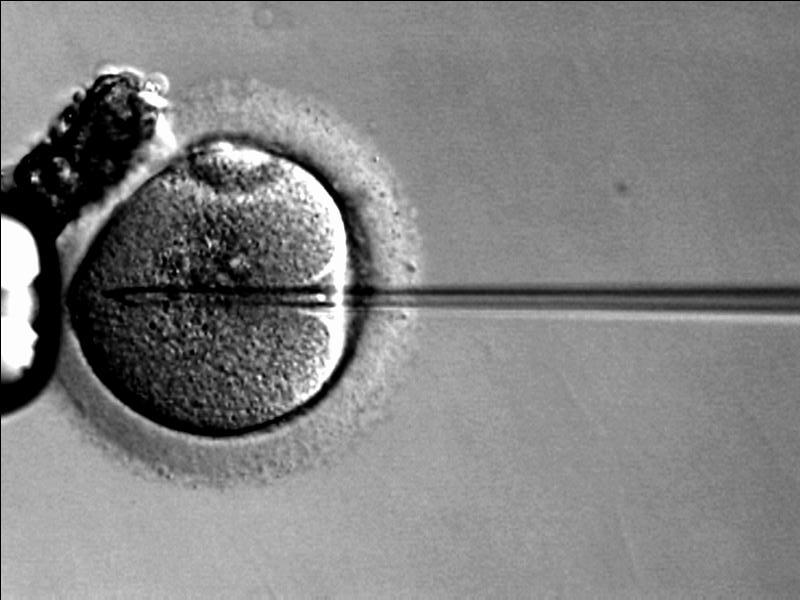Recently, students at the University of Victoria in British Columbia, Canada, gathered to protest a talk given by Princeton University bioethicist Peter Singer. First and foremost, Singer is a utilitarian who believes that the rightness of actions depends on their maximizing pleasure for sentient creatures. He is well known for his provocative utilitarian views on infanticide, animal welfare, and charitable obligations.
The UVic protestors claimed that “giving Singer a platform was implicitly supporting the murder of disabled people, and that his views supported eugenics.” Their complaint is only the most recent in a long history of protests to the work of Singer. Though questions about academic freedom and freedom of speech more generally are relevant, let’s set them aside for a moment and consider the charge head-on: what is eugenics? Who counts as a eugenicist?


